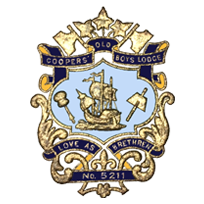Freemasonry demands from its members a respect for the law of the country in which a man works and lives. Its principles do not in any way conflict with its members’ duties as citizens, but should strengthen them in fulfilling their private and public responsibilities. The use by a Freemason of their membership to promote his own or anyone else’s business, professional or personal interests is condemned, and is contrary to the conditions on which he sought admission to Freemasonry. His duty as a citizen must always prevail over any obligation to other Freemasons, and any attempt to shield a Freemason who has acted dishonourably or unlawfully is contrary to this prime duty.
Freemasonry is a non-political organisation. Whilst individual Freemasons will have their own views on politics and state policy, Freemasons as a body will never express a view on either and the discussion of politics at Masonic meetings is forbidden and always has been.
Freemasonry is not a religion. Membership of Freemasonry does require a belief in God, and its principles are common to many of the world’s great religions. Indeed its membership includes Christians, Jews, Hindus, Sikhs, Muslims, Parsees and others. Freemasonry does not try to replace religion or substitute for it. Every candidate is exhorted to practise his religion and to regard its holy book as the unerring standard of truth. Freemasonry does not instruct its members in what their religious beliefs should be, nor does it offer sacraments. Freemasonry deals in a man’s relationship with his fellow man and not in a man’s relationship with his God.
Back to Freemasonry
